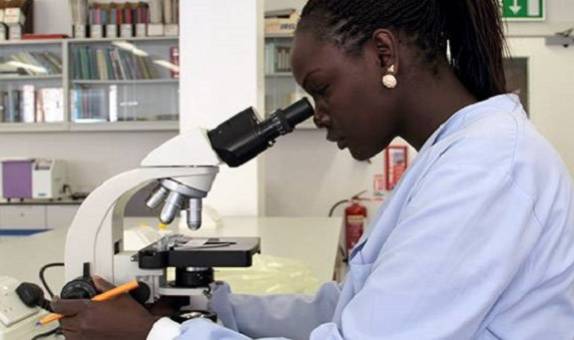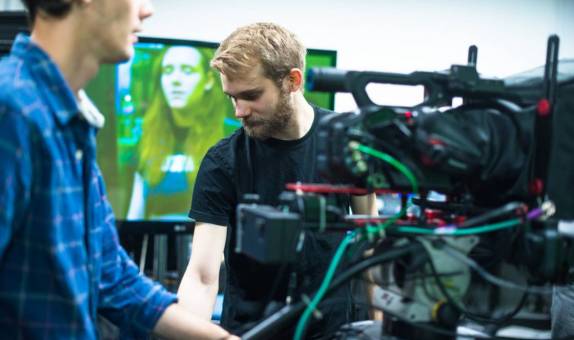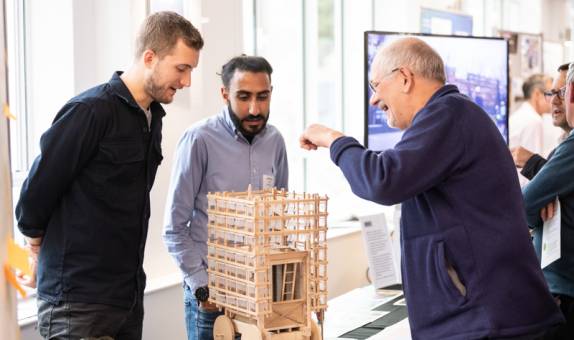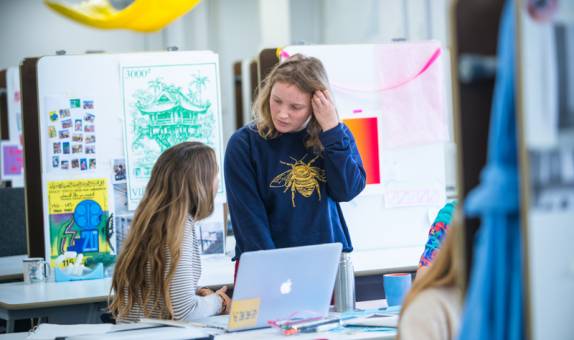Making existing services smarter and more accessible through wireless networks
Professor Maria Martini of Kingston's School of Computer Science and Mathematics has made significant advancements in wireless and multimedia technology research.

Today, wireless technology is an integral part of our lives. It has made various smart services faster and more accessible to the public and has improved connectivity across the globe. One example of such services is video streaming, which can be utilised across a range of devices, including laptops, phones and security systems. However, these services must meet stringent requirements in terms of network performance and capacity for end-users, even when only low bandwidth is available.
Professor Maria Martini, who leads the Wireless Multimedia and Networking Research Group at Kingston University, has contributed to the advancement of wireless and multimedia technology and its adoption by technology companies. Her research is primarily focused on multimedia quality of service and experience (QoE), addressing the trade-off between almost lossless compression (allowing a perfect reconstruction of data upon reversal of compression) and low available bandwidth as well as the assessment of QoE.
As an example, Professor Martini and her team looked at the performance of seven video quality metrics for compressed medical ultrasound videos and created a specific metric to measure diagnostic quality. Their findings revealed that high-efficiency video compression methods, if selected appropriately, maintained visual information fidelity. The team also met the need for application-specific lightweight quality models in gaming, using advanced machine learning technologies.
Professor Martini's findings in multimedia quality of service and experience have been valuable to various companies.
For example, her research helped Entryphone, a UK-based company that manufactures door entry systems, move from conventional analogue door intercom systems to innovative, more efficient systems that can be operated from smartphones and are especially helpful for people with mobility- and health-related issues. Professor Martini's research helped Entryphone explore the potential of wireless technologies using their existing apparatus. The Director of Entryphone said: "Professor Martini's research introduced us to using WebRTC [Web Real-Time Communication], otherwise we wouldn't have thought about it. I am happy we were able to move early to WebRTC rather than SIP [Session Initiation Protocol], which is used by other market players at greater cost".
Further, Entryphone was able to develop a unique hybrid multi-occupant visitor communication door control system that incorporated traditional video door phone services (analogue audio and video) and Internet Protocol (IP) services such as video and voice over IP. The hybrid approach was not just more effective but also cheaper for customers, leading to the commercialisation of two novel products in the Teledial range.
The multinational telecommunications company Deutsche Telekom (DT) also benefitted from Professor Martini and her team's research on wireless and multimedia networks.
DT integrated video streaming quality monitoring into its networks, which enabled them to include cloud gaming services and increase revenues by 0.9%. Moreover, they gained 1,100,000 customers in Europe and 642,000 customers in Germany alone.
In addition, Professor Martini's research on wireless communications supported an international company (Cubic Corporation) in developing novel commercial products, i.e. multi bearer and dynamic routers.
The Knowledge Transfer Partnership led to the research being integrated into two commercial products:
- A new software module allowing dynamic routing for networks was integrated and released in 2017 as part of the Opus vx/ Vocality Suite.
- Vocality RoIP, a router with a novel communication multi-bearer embedded software that performs switching between networks according to their expected quality of service, was released in 2019, attracting customers from three new markets. These include Flight Connectivity, Rail Connectivity and Connected Vehicles markets.
Overall, Professor Martini's work has led not just to significant advancements in wireless and multimedia network technology but to widespread use among companies, increasing the benefits of smart technology based on wireless networks.
Contact us
- For non-student research enquiries, email the Research Office
- For research impact and REF enquiries, email the REF and Impact Team.
- Research contacts
- How to get to Kingston University















